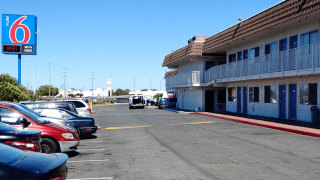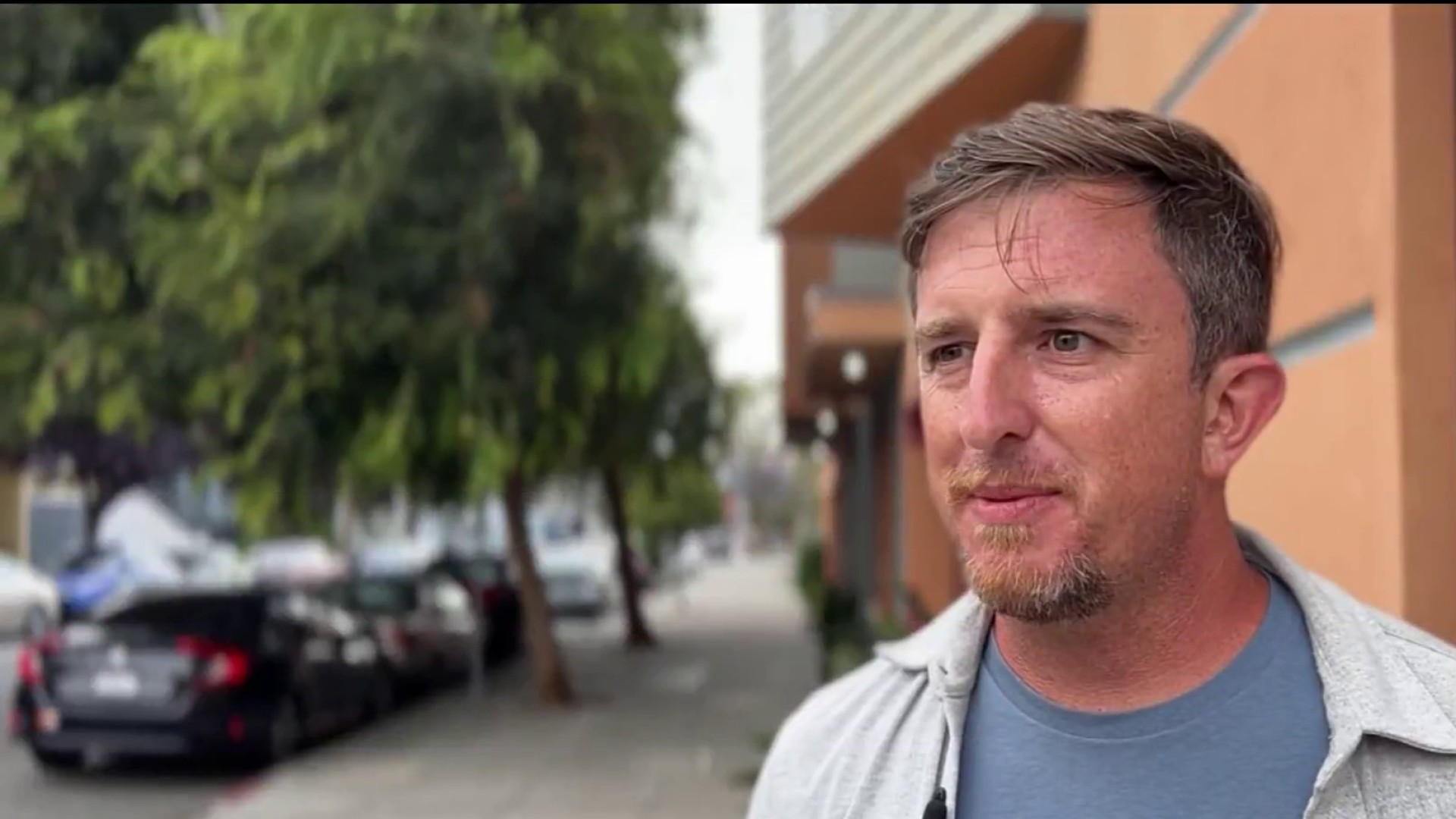
A state program to house the homeless in the face of the coronavirus crisis may end up leaving behind permanent homeless shelters in its wake.
Contra Costa County recently leased its fifth facility under the Project Roomkey plan, the newest being the Pittsburg Motel 6 on Loveridge Road. The county had previously secured four leases, two each in Richmond and Concord.
Karl Fischer, a Contra Costa County spokesman, noted that the goal of the state program was to protect the homeless community, a group at high risk for COVID-19 infections.
"This way they can safely quarantine, isolate themselves outside of the elements," Fischer said.
Contra Costa County officials are hoping that several of the properties will eventually be purchased for use as permanent homeless shelters. Supervisor Diane Burgis of District 3 recently noted the high cost and political impact of building new construction for the homeless.
The Brentwood resident called it "more efficient" to purchase existing buildings and said that county officials are also looking into hotels in Antioch. Burgis admitted that there is no funding mechanism for any purchases of the lease sites. The current Roomkey leases only run through August.
The state leasing program initiated by Gov. Gavin Newsom in April has now secured about 15,000 rooms across the state. As of this week, 10,381 rooms are occupied. The state has also purchased and distributed about 1,300 trailers for use in the program, according to data provided by Russ Heimerich of the California Business, Consumer Services and Housing Agency.
Local
Across the Bay Area to date, Alameda County has leased 652 rooms, San Francisco has leased 2,253 rooms, Marin County has 200 rooms, San Mateo County has 164, Solano County has 211, Santa Clara County has 674, Napa County has 87 and San Joaquin County has 76.
Jaime Jenett, a community engagement specialist for Contra Costa County, said Tuesday that her county is spending about $2.5 million per month to lease, staff and supply food for their program. Most of the funding for the state program is coming from the Federal Emergency Management Agency.
Not all of the motels or hotels under lease in Contra Costa County are being made known to the public "because owners are concerned about homeless showing up and demanding keys," Jenett noted. She said Tuesday that each site is staffed by county health services personnel who manage each site and provide health services and case referrals.
Shelter Inc., a nonprofit housing assistance group based in Concord, is contracted to manage two of the Roomkey sites in Contra Costa and Solano counties.
Julie Clemens, the group's director of development said Tuesday, "This program so far has been advantageous as far as keeping them healthy."
She noted that the homeless have a higher incidence of pre-existing conditions and other complicating ailments that make them vulnerable to COVID-19. The hotel rooms give them "a sense of peace, a sense of space," Clemens said.
"It gives them a sense of well-being that people are caring for them," Clemens said. "It's a way to give them more dignity."
Clemens also endorsed the concept of converting the leased facilities into permanent shelters through formal government purchases.
"I see that as a win-win," she said. "It's more permanent, secure. It's a more sensible option than a 'Tuff Shed' under an overpass."
She noted that most hotels and motels are located close to transportation, retail and other community services.



